
Fortune News | Jan 05,2019
In Arada, I stopped over by a hotel in front of Cinema Empire. I sat alone inside with my carbonated water, an Ambo. Not too long after a heavily built senior citizen, old enough to be my father, came in and ordered lunch. As the food was presented, he immediately started to ramble to anyone that would listen. He asked the owner to show up and called on a woman whose name he repeatedly mentioned to no avail.
He also talked nostalgically about Arada — a district today but a historic neighbourhood as well that serves as a museum of the city. For much of Addis Abeba’s existence, it was arguably the city's cultural, economic and social hub. The old man said the café was a suave place where he ate injera(flatbread) with doro wot(chicken stew) just for two Birr before heading to the movies.
He did not want to tell me more, but neither was he any less impressed by my story as I was with his. I spoke of the first movie I ever saw at Cinema Adwa, where I was thunderstruck to piece together what happened in the order of events from the far screen, which I thought was on the sky.
Arada has for long been the epicentre of the very heart of Addis Abeba. William Butler Yeats, the Irish poet, said in the great cities we see so little of the world, we drift into our "minority." In the little towns and villages, there are no minorities; people are not numerous enough.
The older man is not an exception. I have friends his age. Just some days before, one of them was telling us about how life looked right at the spot where the headquarters of Ethio telecom is erected, where one of the first traffic light junctions in the city was put up.
Sometime around then, we also argued about the location of Lambordia Hotel & Restaurant. Its picture was present, and thanks to a more senior friend, with further assistance from our younger friends, we concluded its exact location from its surrounding topography.
Annalise Zorn said demolished buildings tell a story about the ever-changing politics of preservation, and often, they tell it far better than buildings that were actually preserved ever could. As the architectural landscape continues to change around us, it is important to recognise our past, even if its traces have been eliminated from the physical world.
Another one of my older friends, with a unique perspective of the nooks and crannies of Arada, updated us about even crazier stories. He takes us on a ride to King George Bar, by De Gaulle Square, one of the sleekest hangouts of the modernising Addis Abeba of the time.
He does not stop there. There is also all of the names indelibly associated with the neighbourhood. There was Fikru Kidane, journalist, the one and only Alemayehu Eshete and the suave Mary Armede.
Growing up in Arada, which is rapidly transforming today, seemed unchanging, as if transfixed in time back then, meant that the city would come back to life whenever old friends get together. These days, it is also given remembrance on the show Tizitachenon EBS TV. Among many others — they have segments on Qera and Abuare — Arada is portrayed as a neighbourhood disappearing, remembered nostalgically although it has not completely disappeared.
It does not take an architect to figure out that there is a style to Arada that could not be replicated once it is gone. Although maintained poorly, it is a place that resembles older European cities — with their lack of skyscrapers, narrow streets and wide buildings — owing to its Italian influences. However, today, Addis Abeba is slowly being dominated by aluminium and glass-clad buildings, threatening the charm of its 20th-century influences.
Before long, there may be nothing left but a memory.
PUBLISHED ON
Feb 13,2021 [ VOL
21 , NO
1085]


Fortune News | Jan 05,2019
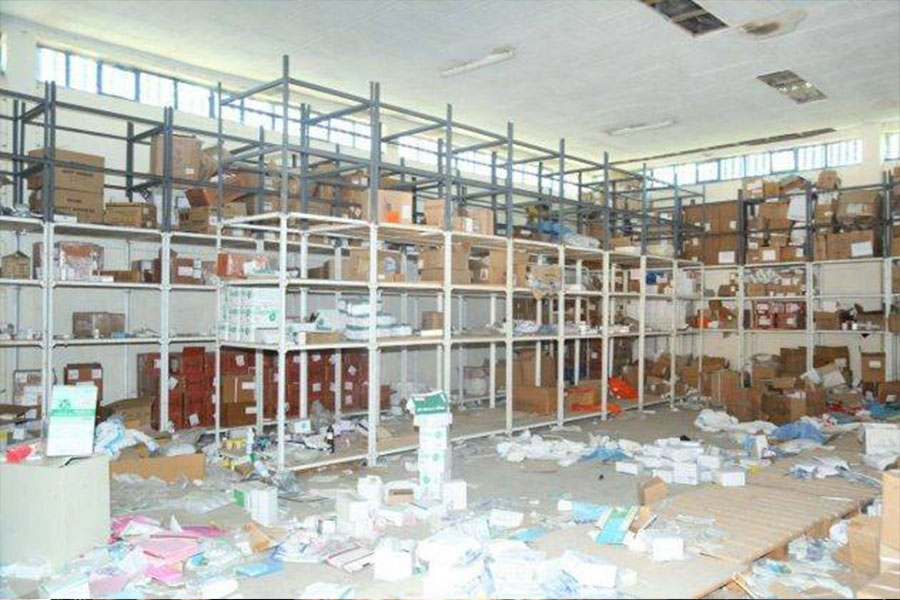
Fortune News | Dec 19,2021
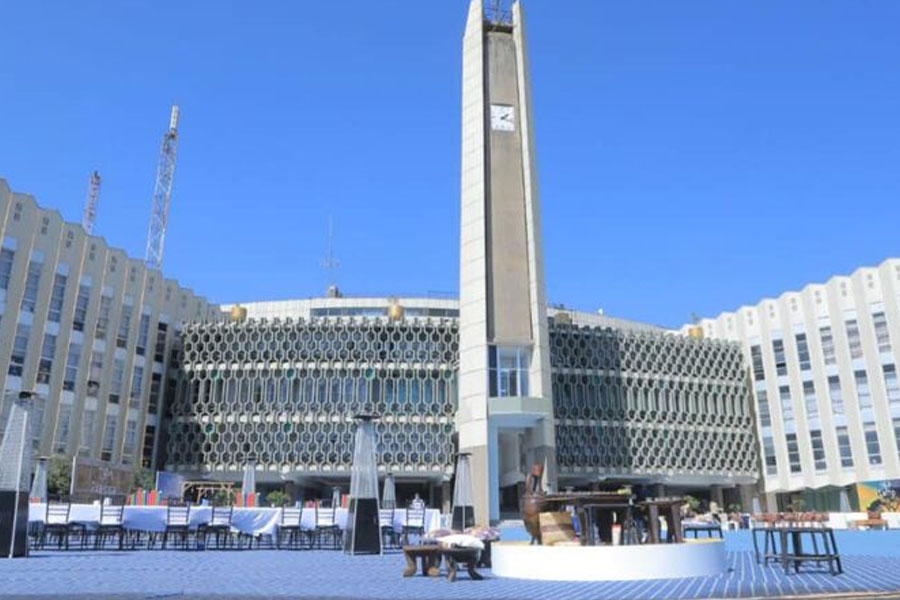

Fortune News | Feb 16,2019
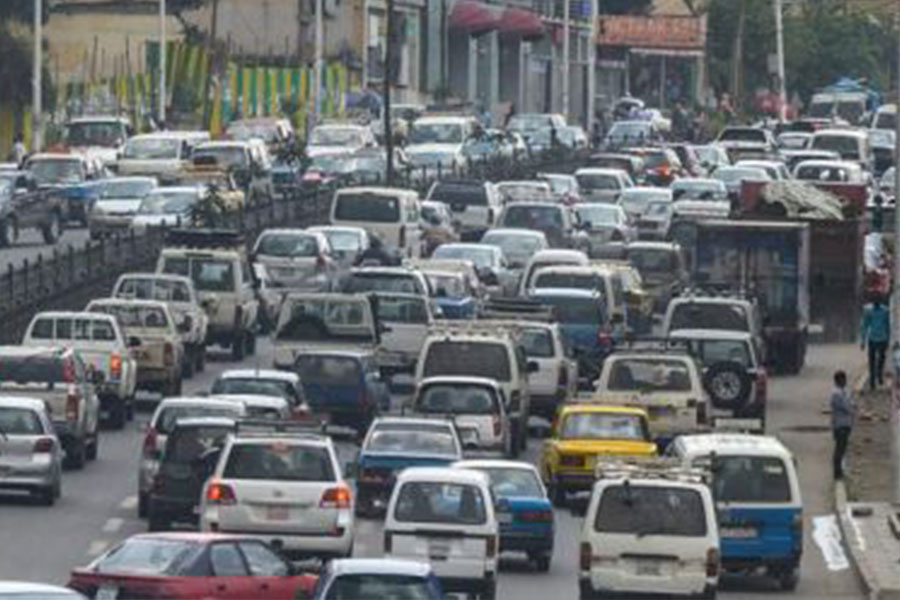
View From Arada | Jun 15,2024
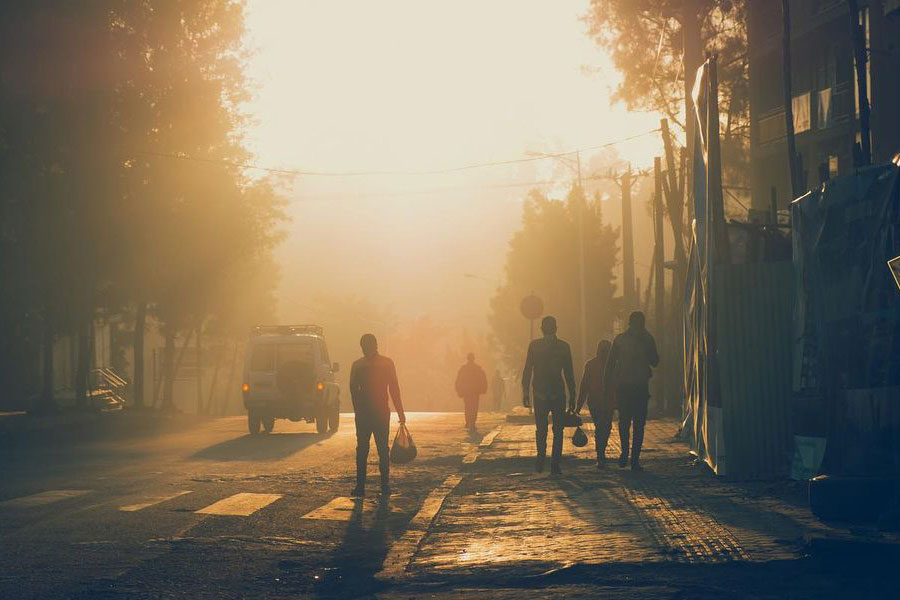
View From Arada | Dec 23,2023
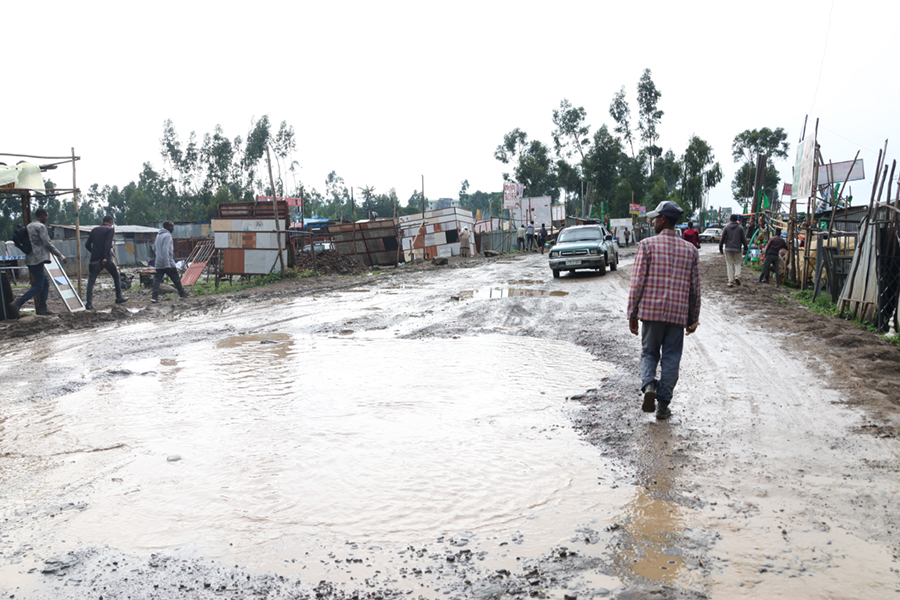
Agenda | Jul 07,2024

Editorial | Mar 23,2024
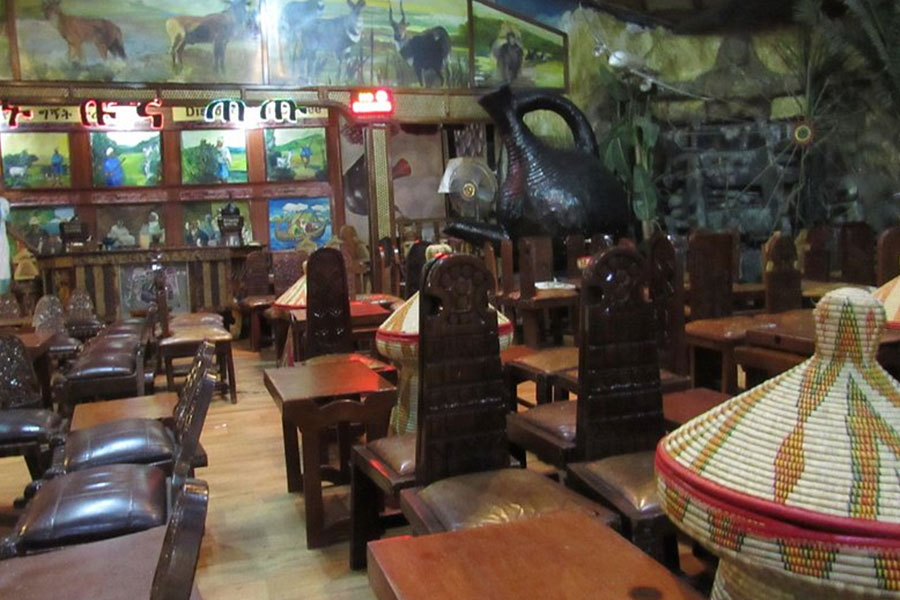
Fortune News | May 24,2025

View From Arada | Dec 09,2023

Dec 22 , 2024 . By TIZITA SHEWAFERAW
Charged with transforming colossal state-owned enterprises into modern and competitiv...

Aug 18 , 2024 . By AKSAH ITALO
Although predictable Yonas Zerihun's job in the ride-hailing service is not immune to...

Jul 28 , 2024 . By TIZITA SHEWAFERAW
Unhabitual, perhaps too many, Samuel Gebreyohannes, 38, used to occasionally enjoy a couple of beers at breakfast. However, he recently swit...

Jul 13 , 2024 . By AKSAH ITALO
Investors who rely on tractors, trucks, and field vehicles for commuting, transporting commodities, and f...

Jul 12 , 2025
Political leaders and their policy advisors often promise great leaps forward, yet th...

Jul 5 , 2025
Six years ago, Ethiopia was the darling of international liberal commentators. A year...

Jun 28 , 2025
Meseret Damtie, the assertive auditor general, has never been shy about naming names...

Jun 21 , 2025
A well-worn adage says, “Budget is not destiny, but it is direction.” Examining t...